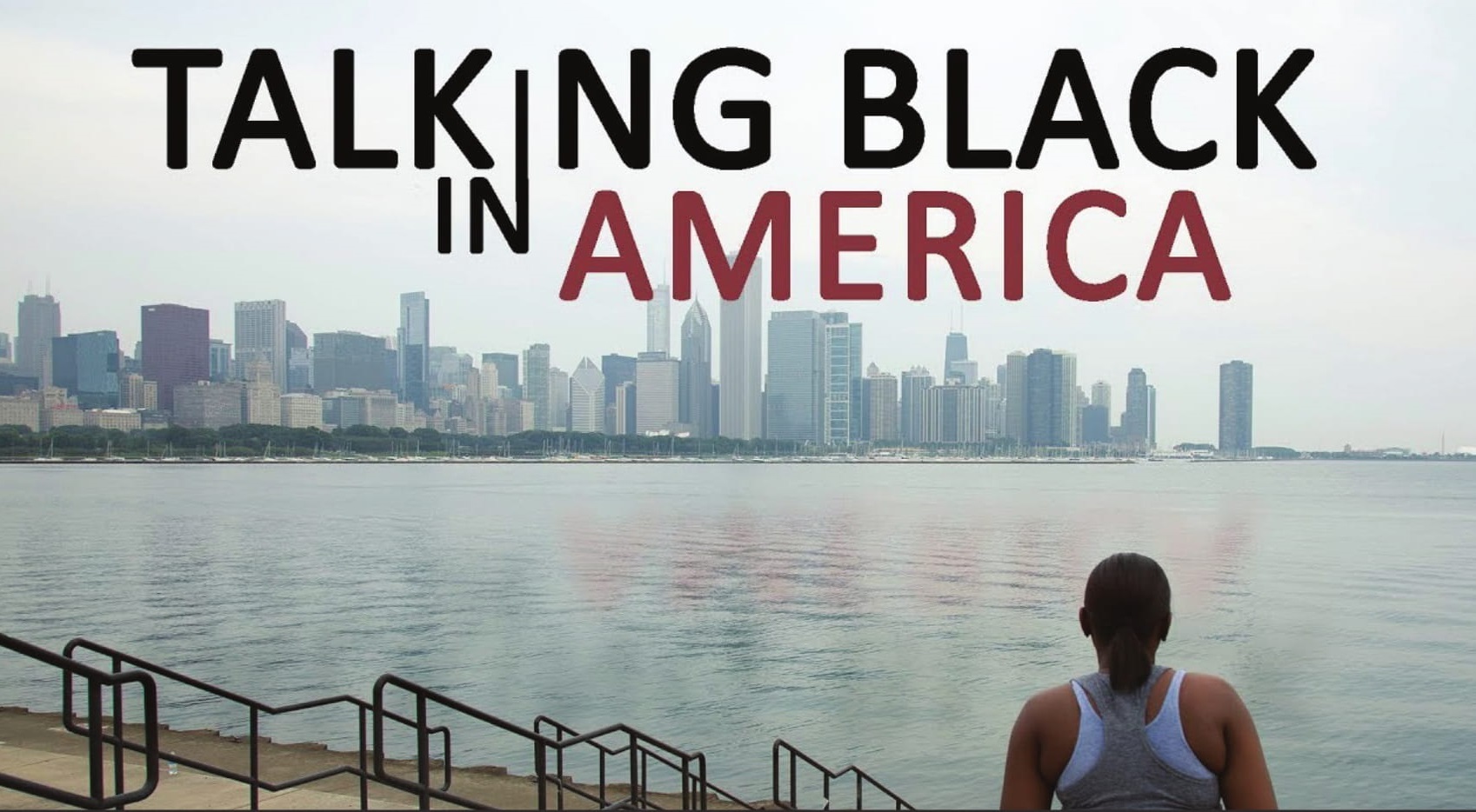
For most of my childhood, the difference between “axe” and “ask” was unnoticeable. Although I hear many within my own African-American community more commonly use “axe,” I was often scolded for pronouncing it “wrong.”
However, this is one of many social misconceptions tackled in the documentary Talking Black in America, which will be showing Tuesday, September 24 at 6 PM in GC 140 on the FIU campus. As executive producer Walt Wolfram explains, ‘axe’ comes from an archaic form of English, while ‘ask’ is the more modern form of the word. He elaborates that its use by white folks would simply be seen as linguistic retention rather than mispronunciation.
Curious about his thoughts behind the film, I asked Professor Wolfram how influential this language that’s been frowned upon by the dominant culture yet deeply ingrained in American history has been. He responded that its influence is truly global – not only contributing countless words to English vocabulary, but additionally having strong influence through various performance genres, such as hip-hop, rap, and spoken word. In reality, he says, African-American language has had the most influence of any other variety of English.
In response, I found myself thinking of the numerous hip-hop and rap songs that have had words or phrases integrated into everyday language. Albeit not as popular now, ‘YOLO’ (you only live once) is still a phrase many young adults are familiar with from Drake’s ‘The Motto’. One more example — the catchphrase ‘Catch ya on the flip side!” wasn’t always a way of saying goodbye. Instead, a DJ speaking on a vinyl record, aware that the vinyl would need to be flipped, would say that as a signal for the listener.
Additionally, I inquired about the future of African-American language. Wolfram responded that its influence will continue to emerge – a dynamic taking place regardless of whether it’s recognized or not. He goes on to state that African-American language is one of the most powerful and important language legacies to influence the course of American English, and should be recognized, understood, and celebrated.
On Tuesday, September 24th at 6:00 PM, the Center for Humanities in an Urban Environment will be hosting a screening and discussion of “Talking Black in America,” with Executive producer Walt Wolfram (Distinguished University Professor, North Carolina State University; Director, North Carolina Language and Life Project) and producer Renee Blake (Associate Professor, New York University).
 Frankie Dauphin is a modern day film buff. That means he owns Netflix, Hulu and Amazon Prime.
Frankie Dauphin is a modern day film buff. That means he owns Netflix, Hulu and Amazon Prime.
